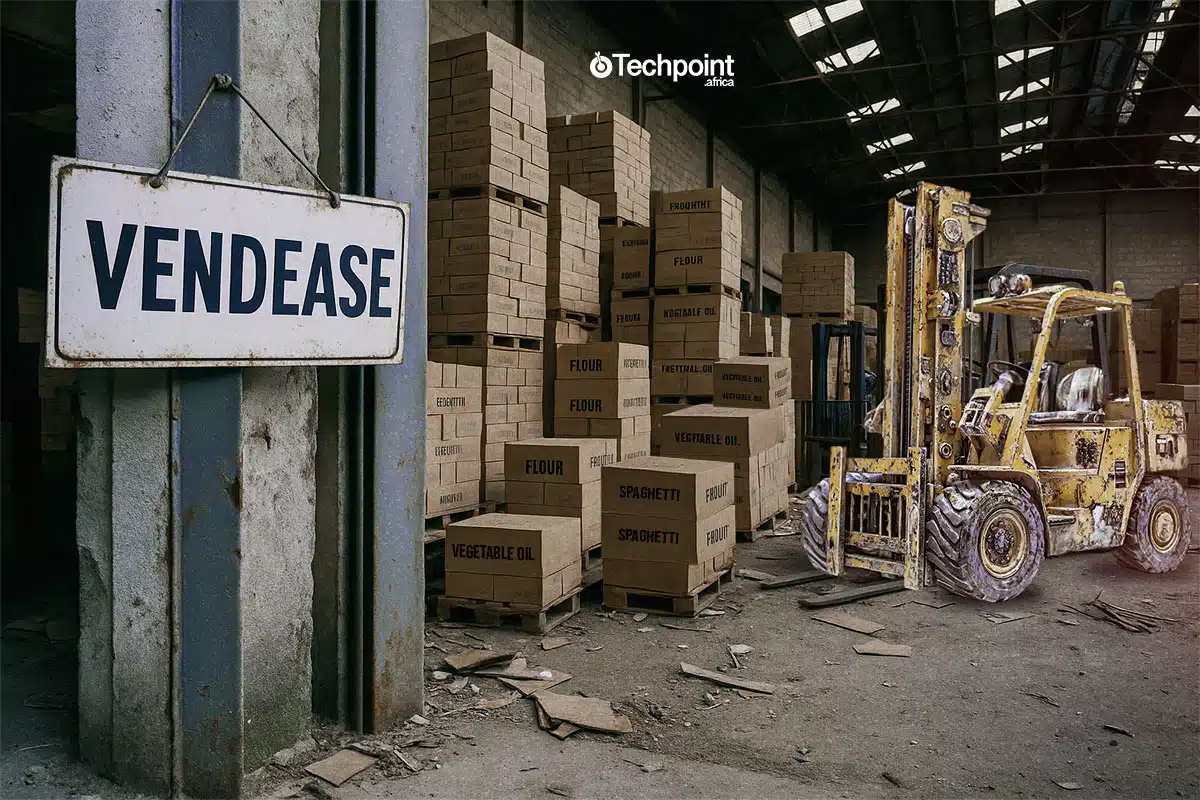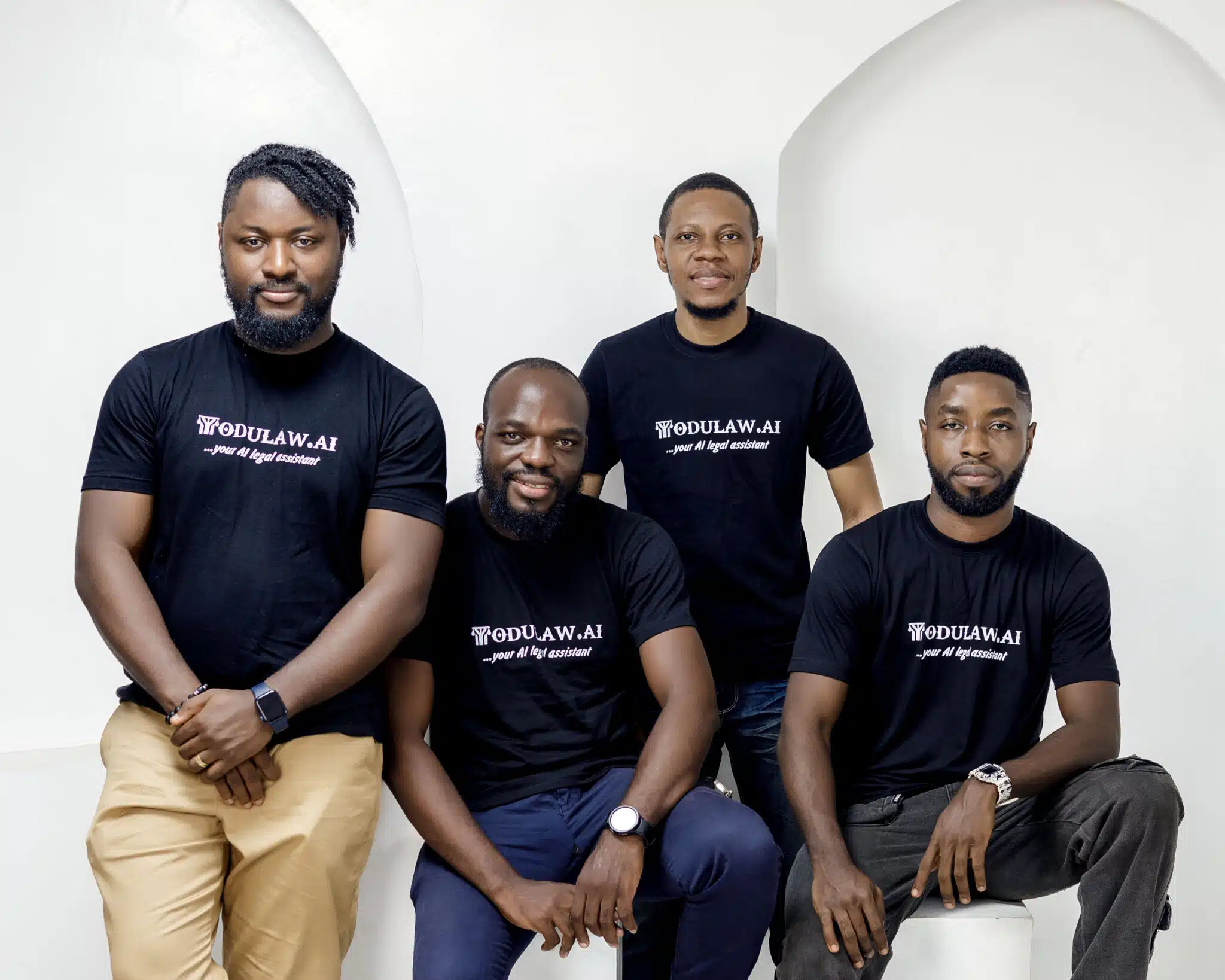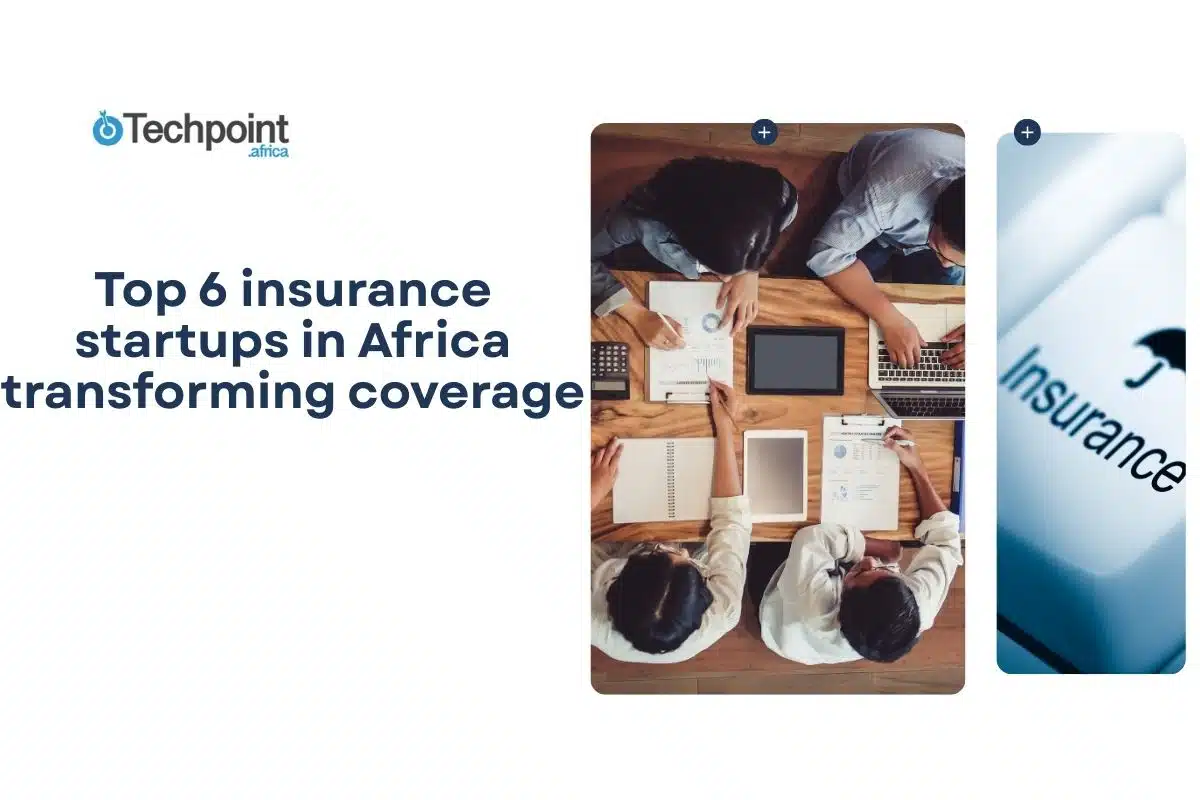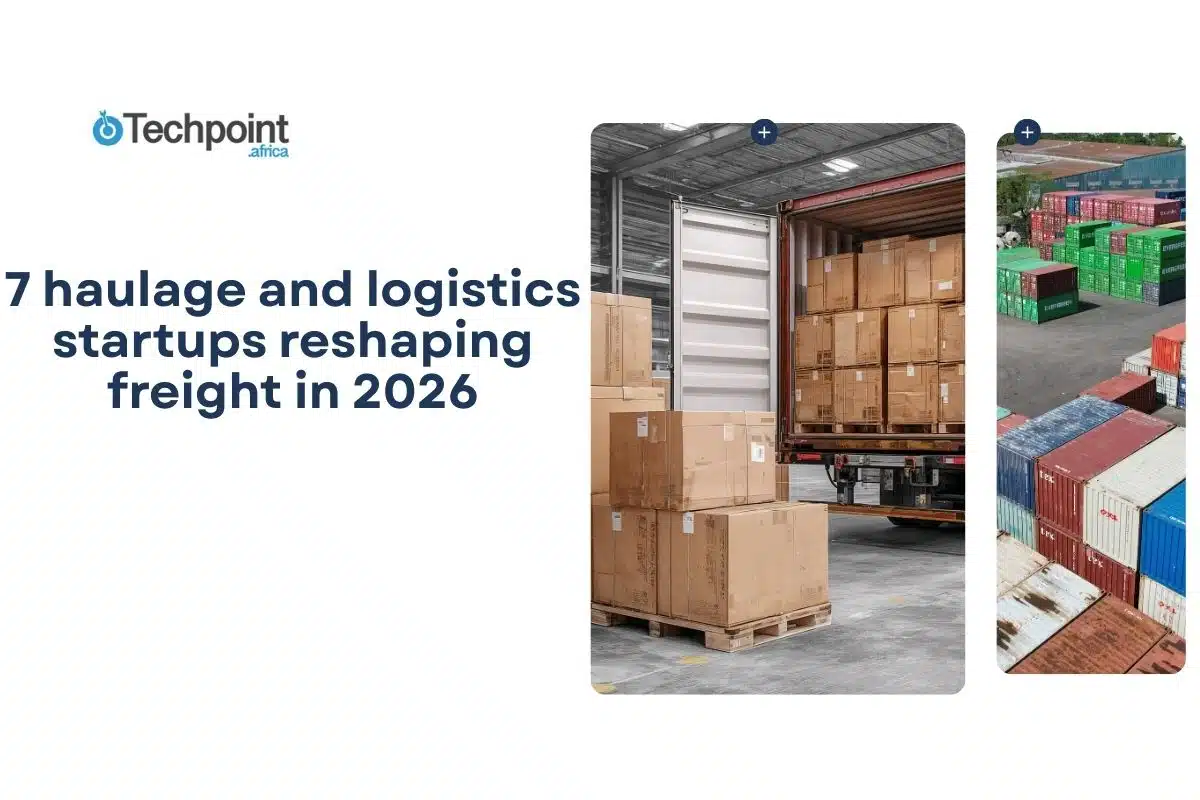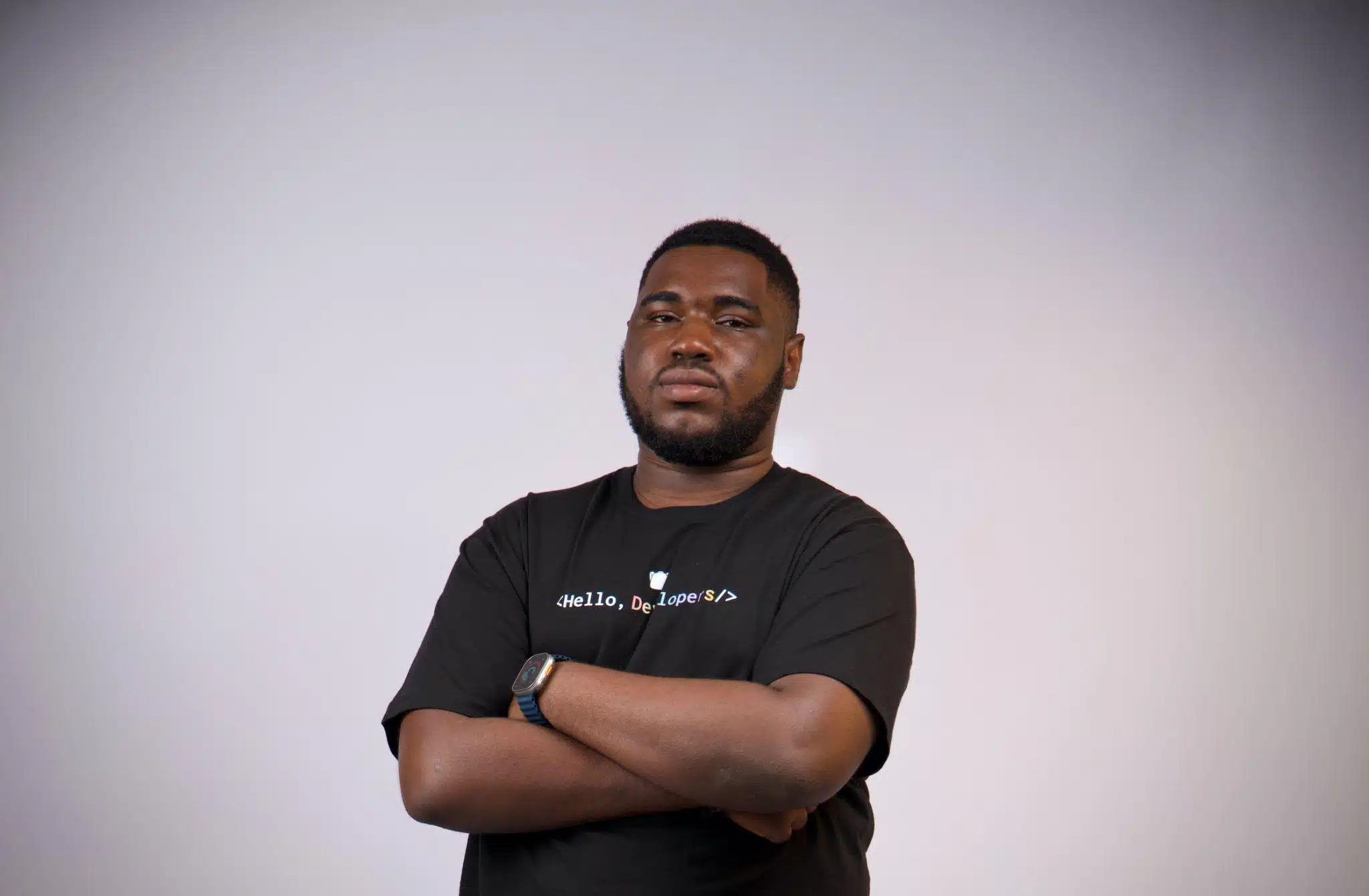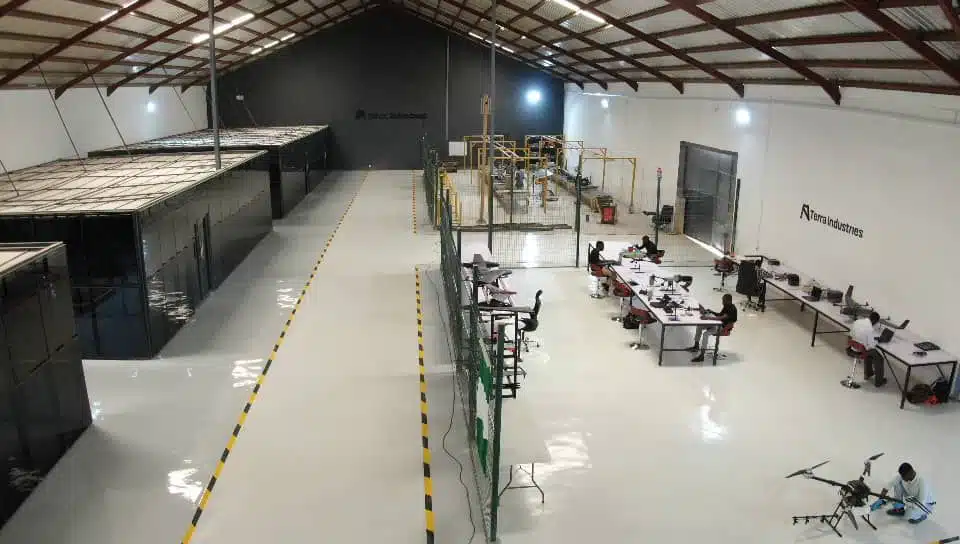In March 2025, TechCrunch reported that Vendease, a Nigerian startup digitising the supply chain for food businesses, was restructuring its pay structure.
According to the report, employee salaries would be cut, with all employees earning ₦140,000 regardless of what they previously earned. That was to be the first stage in a five-step plan that would see them return to previous earnings by December 2025, contingent on the company’s performance.
Former employees who spoke to Techpoint Africa on the condition of anonymity disclosed that the new wage structure was shared with employees during a meeting in February 2025, with the startup’s management stating it was necessary to keep the business afloat while informing them of potential layoffs.
This came as a shock to employees who believed that the September 2024 layoffs were enough to stabilise business operations. All employees were given a timeline within which they were required to return signed contracts indicating they were on board with the decision.
However, no one complied, leading the company’s management to return with an improved offer. This time, they would take ₦140,000 from their salaries, which would go into an employee stock option pool. Most employees felt this was a fair deal and assented to it, but problems began afterwards with the company informing them that the new structure would kick off in April 2025.
Meanwhile, they would not be paid February salaries. By the end of March, all employees received ₦140,000 contrary to the contract they had signed, and business operations did not resume until mid-April.
“Outstanding payments are being processed in phases, with February salaries
prioritised for completion by the end of August. We’re providing weekly updates to
employees and have instituted escrow safeguards to prevent future delays,” Olumide Fayankin, Vendease CEO, told Techpoint Africa in an emailed statement.
Employees allege that the company went back on the original ESOP agreement. A copy of the contract, seen by Techpoint Africa, stated that 50% of the allocated share options would vest over the first ten months ending in December 2025, while the rest would vest over the next three years. Some employees, however, stated that they were later informed it would only vest after four years.
While acknowledging delays in implementing the ESOP, which he attributed to an operational pause, Fayankin emphasised that the agreement remains active, noting that Vendease has shared a revised vesting schedule with all eligible employees.

Victoria Fakiya – Senior Writer
Techpoint Digest
Make your startup impossible to overlook
Discover the proven system to pitch your startup to the media, and finally get noticed.
More money, more problems
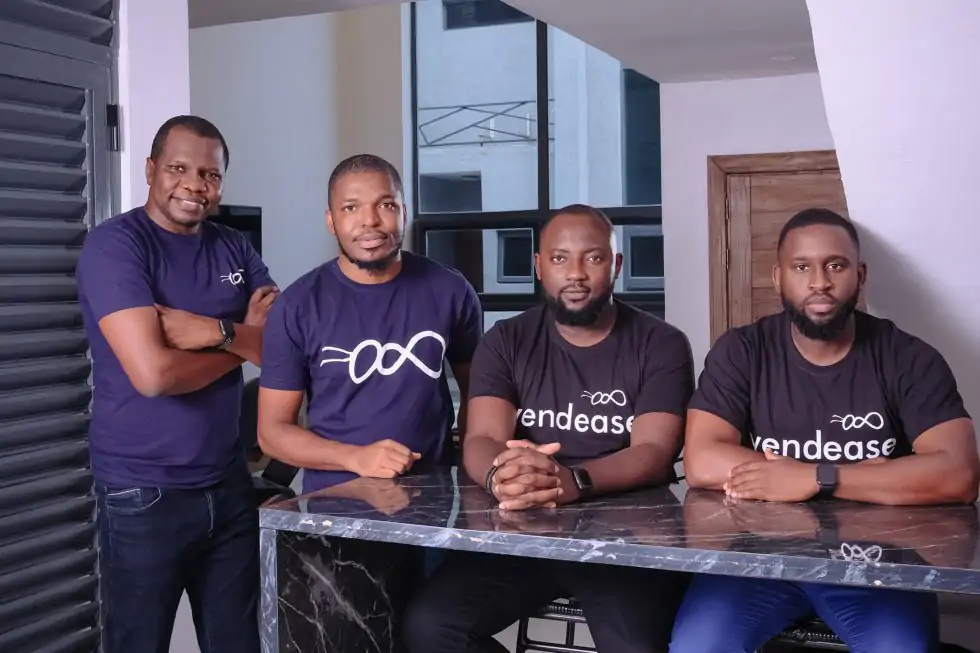
One source traced Vendease’s woes back to its first funding round. Before getting funded, the startup focused on the Hotels, Restaurants, and Cafes/Catering (HoReCa) segment of the market.
After a few stumbles in the early days when it gave out loans indiscriminately, it managed to turn that business around, much to the admiration of more established businesses. Thanks to its success, some larger businesses outsourced their HoReCa departments to Vendease, providing the young startup with a stable revenue source.
All that changed after it received funding. The HoReCa business was thrown out in January 2023 for a more commercial focus, and layoffs were conducted, all without creating a proper transition plan. The first layoffs it conducted came as a surprise to many employees, with some receiving termination letters at midnight. The startup also began looking outside for so-called experienced talent, stunting career growth for its earliest employees.
As a result of the layoffs and new business direction, most employees in the supply chain department were moved to sales without any prior warning. While some employees felt the startup should not have abandoned what was clearly working without a plan, others felt both businesses could be run simultaneously. According to one source, while the HoReCa business gave it high profit margins, it could not produce the revenue numbers that the commercial side of the business could guarantee, albeit with smaller margins.
Payment defaults

While it worked through this transition, the company also began to default on payments to its suppliers, hurting its credibility with them.
Vendease reportedly owes over ₦60 million to suppliers across Nigeria, according to documents seen by Techpoint Africa. One vendor briefly paused its working relationship with Vendease in 2024 due to the defaults but resumed in 2025 after Vendease repaid a part of its debt. Thanks to these defaults, the supplier says its business cash flow has been affected, making it harder to service loans and expand business operations.
Vendease also has an outstanding debt of over ₦1.5 billion to Wema Bank, according to our sources. At least one supplier disclosed that despite Vendease customers paying the startup in cash, it failed to pay them for products supplied.
Despite its mounting financial troubles, Vendease’s leadership maintained what insiders describe as a lavish lifestyle. Each of the co-founders reportedly received a monthly salary of $12,500. This compensation began before the company secured its Series A funding in 2022 and continued until at least October 2024. That figure did not include additional company-paid benefits or expenses.
“We’ve initiated direct negotiations with each supplier to agree on structured repayment
timelines. For Wema Bank, we’re in active discussions to refinance obligations aligned with
our revenue projections. Transparency is critical, and we’ll continue to share updates via our
dedicated communication channel,” Fayankin noted.
Suppliers are not the only group to have their payments withheld, with some former employees who chose to walk away from the new salary structure yet to receive their pay.
Leadership changes
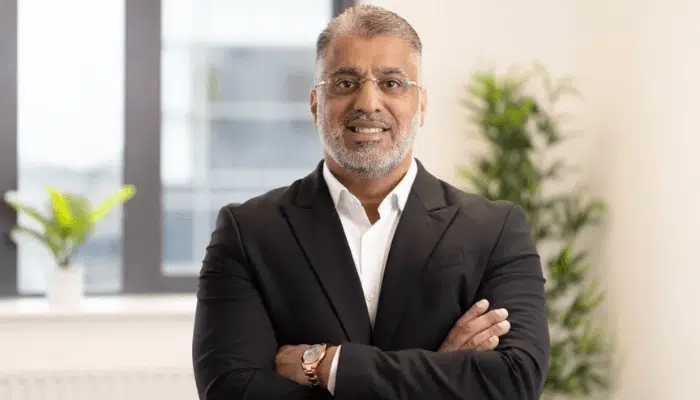
In January 2024, Vendease contracted Mohamed Chaudry’s services to stem the freefall. Chaudry was reportedly responsible for restructuring its finances and recommending a reduction in staff.
Sources say Chaudry left his role in January 2025 after the company could not afford his $15,000 monthly salary, despite reports indicating he left in April. Chaudry was not the only senior hire to earn that much, with another executive hired for ₦5 million monthly.
In April 2025, Co-founder and founding CEO Tunde Kara reportedly told the management team that it was time to shut the business down and focus on settling liabilities. His recommendation was not heeded, and he subsequently stepped aside from the CEO role.
According to Fayankin, previously the startup’s chief operating officer, Kara’s exit was due to the company’s new direction. In 2023, Vendease began building a tech product that it said would power food businesses. This product would combine hardware, software, and payment solutions for users.
“Is this going to be successful? I guess we’re in the business of trying things out and seeing if they work,” Kara said in a recent conversation with Techpoint Africa.
However, sources maintain the platform never took off, as the businesses it served preferred to stick to familiar software solutions, fearing disruption to their processes.
“Our vision is to become Africa’s most resilient food-tech platform by focusing on asset-light solutions,” Fayankin shared.
This would entail building software solutions for payments and inventory management, expanding its credit business, and partnering with logistics providers rather than owning a logistics network.
It’s a familiar pivot for many African startups that play in the eCommerce space, but with Vendease’s niche focus, that may prove harder to pull off. But despite the leadership’s optimistic outlook, employees remain uncertain about the future.

